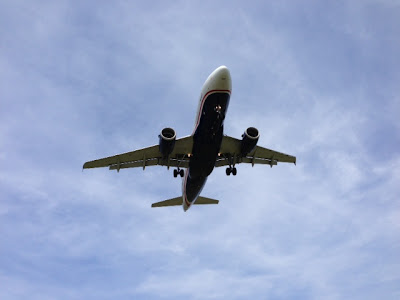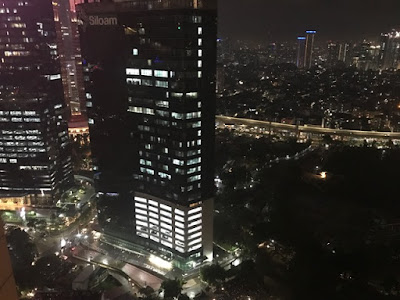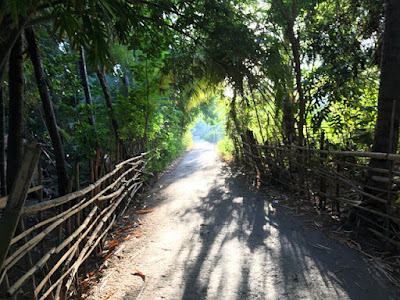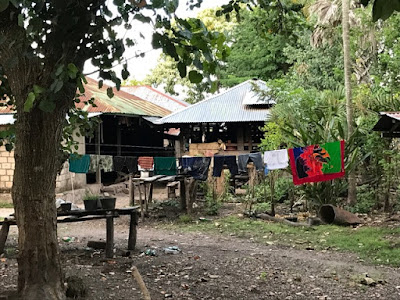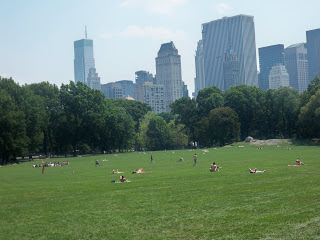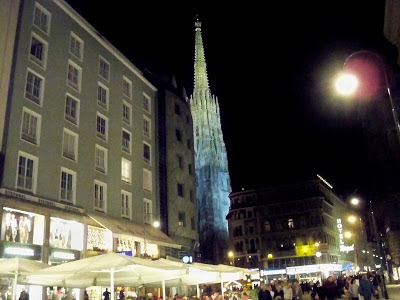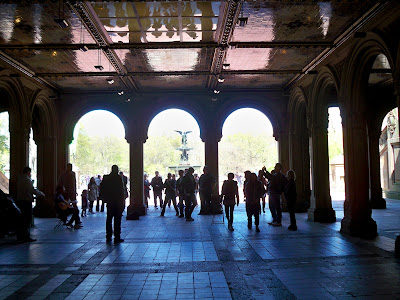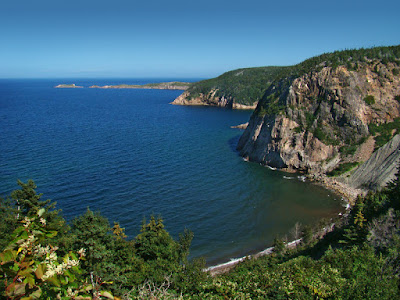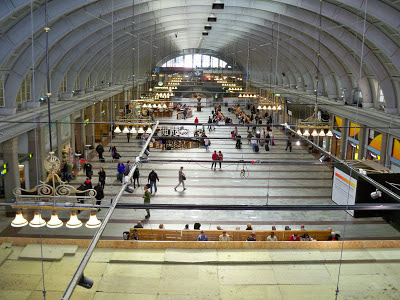After days of flying and layovers I’m on the other side of the world, in Waingapu on the island of Sumba, Indonesia.
It’s a lovely, arid place, filled with beeping motorbikes, bleating goats, crowing rosters and an air perfumed with something I can’t quite put my finger on that seems vaguely familiar.
I took a walk this morning before breakfast (which, like every other meal, consists of friend rice … luckily I like fried rice) and saw clusters of uniformed school kids sauntering along shaded lanes.
The older children (who have studied English) shyly greeted me. “Good morning,” they said, and looked down.
I was struck by how universal are morning routines. I could hear the sounds of water splashing, of mothers calling. Yes, the pigs and chickens are not exactly suburban Virginia, but in so many ways, the rhythms of life are the same. They are a window on the world, a world that for me right now is completely and wonderfully alive.
